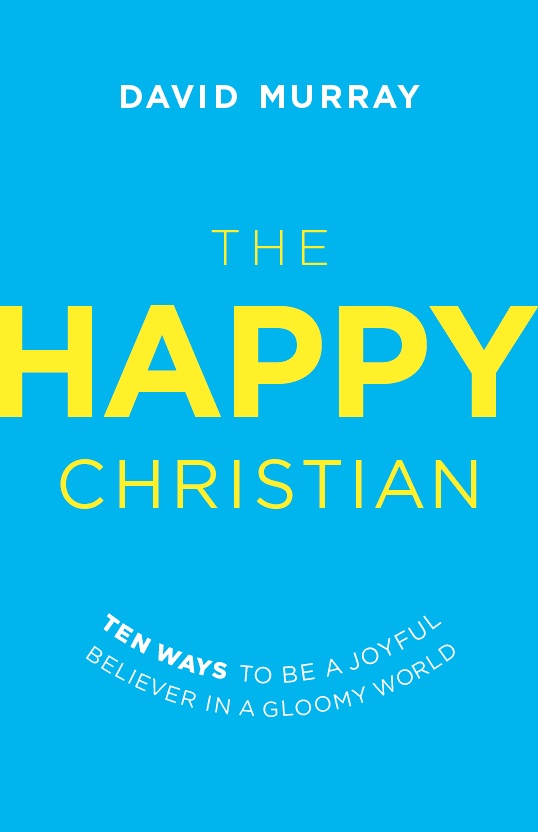I’ve lost count of the number of budgeting plans, techniques, strategies, programs, apps, and so on that Shona and I have tried over 23 years to get our finances in order. Sometimes we’ve come close to mastering our money, but it just doesn’t seem to last. A few times we’ve just given up, but most of the time we’ve worked really really hard to plan, budget, keep accounts, and practice accountability. And yet, no matter how much income we have, savings never seem to rise, unexpected bills bomb our beautiful budgets, and we just about survive from month to month.
Dave Ramsey’s plan has brought us closest to getting a handle on our accounts over the last couple of years, but we kept finding the micro-categorization so complicated and time-consuming. Also, when we blew it on one category, we kind of lost heart in keeping the other categories under control. And it was always difficult to figure out exactly how well we were doing overall at any stage of the month. Usually we got to the end of the month and just about squared things away with savings in some categories compensating for over-spending in others. But neither of us felt much motivation to really try to save money in our daily expenditure as we didn’t see our decisions making any difference to the overall picture.
Until a few months ago, when we stumbled upon a modification of the Dave Ramsey system, let’s call it the Dave Murray system, that has absolutely revolutionized our finances.
The Dave Murray System
Step 1: Estimate how much income from all sources in the course of the month.
Step 2: Calculate how much fixed expenses for the month.
Fixed expenses are predictable amounts that come off every month and includes items like tithe, mortgage (including property tax and insurance), car insurance, cellphone, Internet, YMCA, College tuition, Covenant Eyes, utilities, pension, health insurance, and so on. We also include a small fixed amount every month that goes into savings.
Step 3: Calculate the difference between Step 1 and Step 2 (Total income minus Fixed expenses = Variable expenses budget)
The amount left here is what’s available for all the variable monthly expenses, amounts that go up and down each month depending on so many uncontrollable factors. We take this out of the bank in cash.
This is where I leave the Dave Ramsey plan and start the Dave Murray plan.
At this point, Dave Ramsey would have you start putting this money into multiple envelopes for numerous categories: gas, groceries, stationery, pharmacy, doctor/dentist, car repairs, clothes, house maintenance, furniture replacement, and on and on it goes.
Instead, my wife heads to Costco.
Step 4: Monthly Mega-shop
Shona takes a large chunk of the variable expenses budget calculated at Step 3 and does one mega-shop in Costco and Walmart at the beginning of the month to get best prices on items that cost so much more in a weekly shop at the local grocery store. This has been a huge game-changer for us, especially with a family of seven, and has greatly reduced our monthly expenditure on food and non-food items.
Step 5: Variable Expenses minus Monthly Mega-shop = What’s left to spend (divided by 30)
Here we subtract Step 4 (mega-shop) from Step 3 (variable expenses budget) to find out what we have left to spend in the month. We then divide that by 30 (or 31 depending on the month). This gives us a daily budget amount, a fixed sum that we work really hard to save from each day. We then put together a spreadsheet with 30 columns and enter this fixed daily amount at the top of each column. That’s what we have to spend each day on everything we need – gas, groceries, books, clothes, etc. This step has been the second and biggest game-changer for us.
Step 6: Daily Accountability
Every evening after our family meal, Shona and I get together and write in the spreadsheet how much she’s spent we’ve spent that day. Our aim is to have savings each day from our daily budget that will accumulate more and more momentum as the days and weeks pass. It’s been incredible how working with this limited daily amount has made us so much more conscious of every spending decision, motivating us to really ask if we need to buy this or that right now, with every saving making a visible and felt difference to the cash pile in our money box. If we go over budget a day or two, then we work extra hard to recover quickly. It’s so encouraging to see how quickly $30 saved one day and $20 another quickly mount up to hundreds of dollars each month.
With this method, unlike the Dave Ramsey method, you know exactly where you are each day of the month, either exceeding budget or saving from it. Also, it is so much quicker to do each day. When we were using the Dave Ramsey system we ended up spending up to 30 minutes a day getting all our categories sorted. That often put us off actually doing it for days at a time, making it difficult to remember, frequently leading us to give up.
With this scheme, there’s just one category (daily budget) and all daily expenditure is debited from that. Usually we’re done in 5 minutes. And for the first time in our lives, we feel in control of our finances, we’re saving as we’ve never saved before, and we’re even enjoying it!
I’m including this in my New Student Tip series because although my family circumstances are just a wee bit different to most students (you can probably skip the Costco mega-shop!), the basic framework of this system, especially the daily budget idea, can be used by anyone, including students.
UPDATE: You Need A Budget Is Offering their App free to students. More details here.
